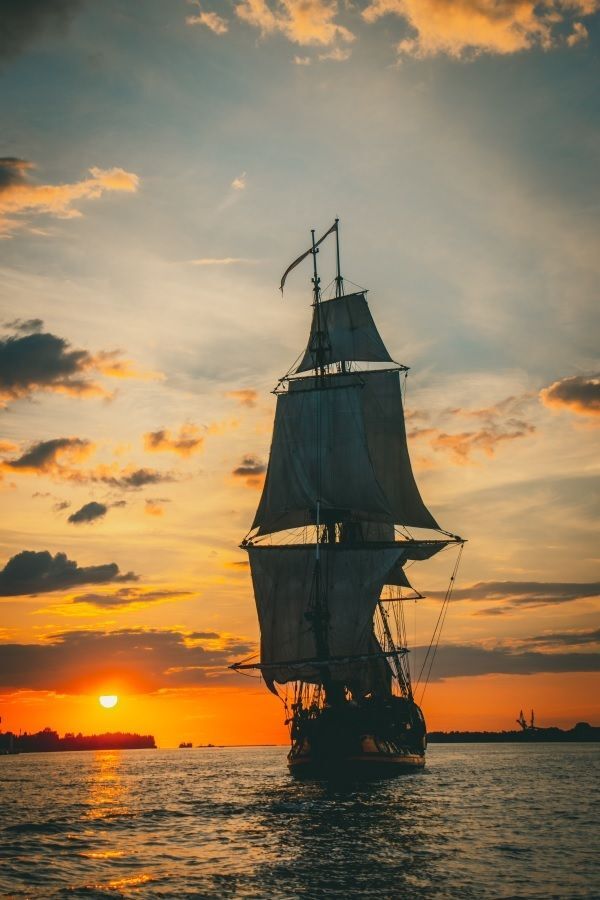
In the American education system, Christopher Columbus is a well-known figure. Many people attribute to him the discovery of America, a term that some Native Americans find problematic. They argue that the land was already inhabited, and the atrocities committed against the indigenous people are a source of anger. However, upon closer examination of Columbus' story and the history of American Indians, it becomes apparent that the word "discovered" has multiple meanings.
According to Merriam-Webster’s dictionary, discovery means to make known or visible, to obtain sight or knowledge for the first time, or to make a discovery. Therefore, Columbus's "discovery" may not mean he found an uninhabited land, but rather that he made known the existence of America to Europe. Therefore, Columbus Day can serve as an opportunity to reflect on the past and work towards a better future as Americans.
Although the history of Native Americans in the United States has been fraught with tragedy, it is important to acknowledge their rich culture and history. The rich culture and history of the native people are worth discovering, from Pontiac’s Rebellion in 1763 to the Trail of Tears in 1838, until Native Americans received US citizenship in 1924. Additionally, many have purchased handmade items made by Native Americans and attended events hosted by Native American tribes. Indigenous People's Day is a time for Native Americans to honor their tribal roots and celebrate their resilience.
Whether you choose to recognize Columbus Day or Indigenous People's Day, I encourage you to learn more about the culture and history of both.

